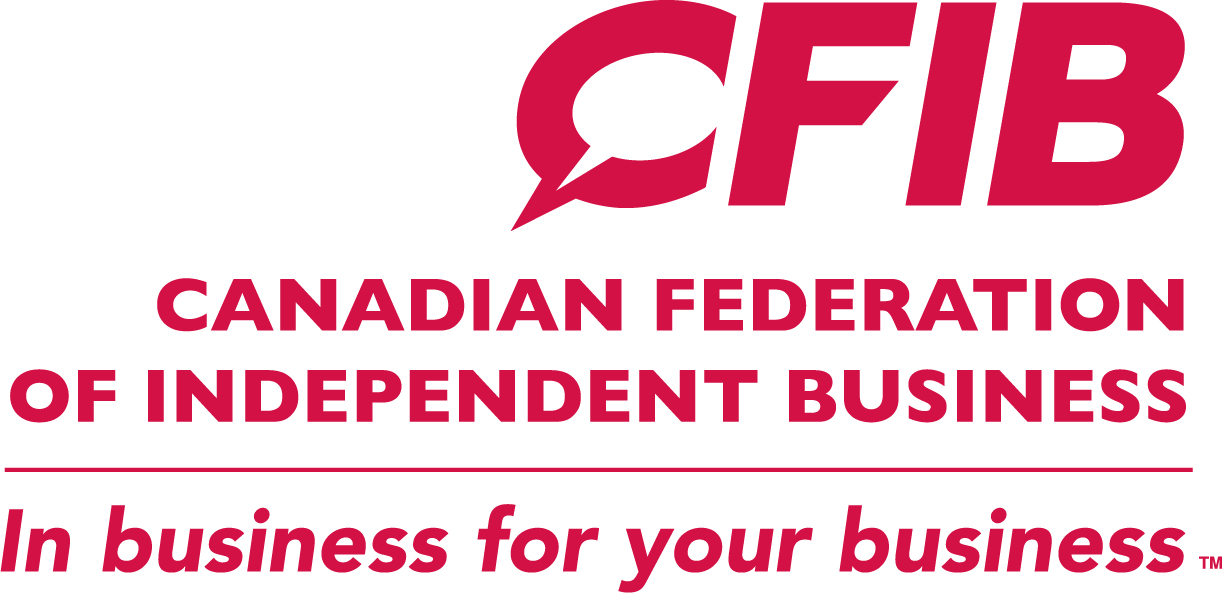Boosting CPP benefits through higher payroll taxes would kill jobs and harm
the economy, but there's room to compromise: report
TORONTO, Nov. 25 /CNW/ - In advance of a December meeting of ministers of finance to discuss retirement income, the Canadian Federation of Independent Business (CFIB) has released a new study simulating the economic impact of recent calls to boost CPP and QPP benefits and premiums.
Using macro-econometric modeling to simulate proposals made by the Canadian Labour Congress (CLC), and others, CFIB finds that 1.2 million person years of employment will be lost in the short-run and wages will be forced down roughly 2.5 per cent in the longer term.
"While touting to save more people from the risk of pensionless retirement, proposals such as that of the CLC substantially underestimate the cost to the economy," explained CFIB's chief economist and vice-president, Ted Mallett. "The reality of putting more of today's earnings aside for tomorrow is that more of today's spending power will be put aside as well."
Finding that the CLC is trivializing the cost of gradually doubling CPP/QPP benefits, which they say works out to a mere $3.57 per week increase in premiums for a worker earning $47,200, CFIB was quick to point out that employers would have to match their employees' premiums, and that the increase would take place each year for seven years. The true cost of doubling benefits would be closer to $2,600 per employee per year once the CLC's seven-year plan is fully phased in. Although the economy eventually recovers, it takes decades for the gradual increase in benefits to have any real impact on retirees' spending power. "Before Canadians become too excited by CLC's proposal, it is also important to understand that no one would receive the full doubling of CPP benefits for 40 years," Mallett added.
"The other important lesson of this exercise is to shed light on the fact that the bulk of the negative economic impacts would be the result of increases to employer-paid premium costs," continued Mallett. "Employees get their premiums back in the form of income after retirement. For employers, however, it is a tax on payrolls, which hinders job creation and wage growth."
In a recent CFIB survey, 71 per cent of small business owners opposed a mandatory increase in CPP premiums. "Unions are using CPP as a smokescreen to deflect attention from the overly generous public sector pensions," said CFIB president, Catherine Swift. "Taxpayers struggle to save for their own retirement, in part because they are paying dearly for the pensions of civil servants. Governments should ignore unions' call for higher CPP until they address unsustainable public sector pensions and unfair early retirement provisions for government employees."
If the federal and provincial governments remain committed to increasing mandatory CPP premiums, CFIB recommends they increase the employee portion only. "As employers pay 60 per cent of Employment Insurance premiums compared to 40 per cent for employees, perhaps employees should pick up more of the cost of CPP, leaving employers' premiums at the current level," Swift concluded. "Considering the significantly less severe spin-off economic impacts such a modification would bring, the idea deserves examination," concluded Mallett.
As Canada's largest association of small- and medium-sized businesses, CFIB is Powered by Entrepreneurs™. Established in 1971, CFIB takes direction from more than 107,000 members in every sector nationwide, giving independent business a strong and influential voice at all levels of government and helping to grow the economy.
For further information:
or to arrange an interview with Ted Mallett or Catherine Swift, contact Meghan Carrington or Adam Miller at 416 222-8022 or email[email protected]

Share this article